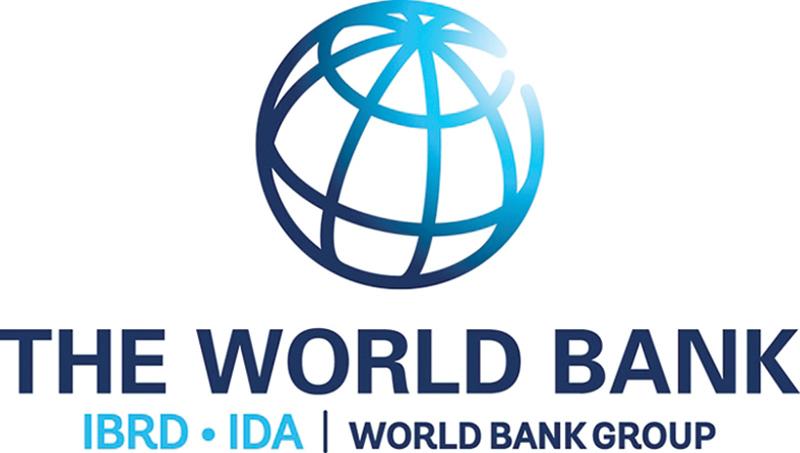
The Government has signed a US$125 million credit line with the World Bank (WB) to help the country modernize its agriculture sector.
Sri Lanka aims to make the sector more efficient and attractive as a modern business, more responsive to consumer demand, and more environmentally sustainable and resilient to climate change.
The agricultural sector has evolved over the past years. A major milestone has been the achievement of rice self-sufficiency – a goal of successive agriculture strategies since independence. But the share of population employed in agriculture has remained around 30 percent over the past decade, even as the sector’s share in national GDP has declined to 10 percent.
This implied and persistent inequality makes it urgent to rethink the direction of agricultural development and explore new opportunities and strategies on how to sustainably increase rural incomes and promote a modern agriculture sector that meets the needs of the upper-middle-income country that Sri Lanka aspires to be.
World Bank Country Director for Sri Lanka, Idah Pswarayi-Riddihough and the Maldives and Secretary to the Treasury, R.H.S. Samarathunga signed the agreement on behalf of the World Bank and the Government.
Pswarayi-Riddihough said, “Sri Lanka’s history is deeply rooted in agriculture and its paddy cultivation tradition. Past practices can inform the future by preserving and building on the country’s farming traditions. There is now space to diversify and promote high-value, export-oriented food crops.”
“This shift is crucial for income growth, poverty reduction, reducing inequality and better nutritional outcomes. The new approach corresponds directly with World Bank Group’s twin goals,” she said. The project will support value chain development to promote commercial and export-oriented agriculture, with focus on higher value agriculture products, such as fruits and vegetables. It provides investments to improve productivity and diversify production patterns through modern agriculture technology demonstrations in key areas and supports new institutional arrangements through farmer organizations and farmer-agribusiness partnerships. It will also support agricultural policy development to help the Government determine the sector’s future direction.
Program Leader at the World Bank, Ulrich Schmitt said, “This project aims to demonstrate new agricultural practices and institutional arrangements in the project areas, linking smallholder farmers into modern agriculture value chains and creating attractive jobs, including for women and young people.”
“Innovation and new technology will help improve not only the sector’s economic efficiency but also enhance resilience to natural disasters and climate change,” he said.He underscored the significance of a supportive policy and regulatory environment to evidence-based decision making that can drive the sector modernization process.
The project will be implemented through the Ministry of Primary Industries, the Ministry of Agriculture, and five participating provinces: Northern, Eastern, Central, North-Central, and Uva. Beneficiaries include an estimated 30,000 smallholder farm households, who will benefit directly from a small matching grants program and agriculture technology demonstrations. Another 20,000 farm households will be supported through technical and business training and through professional farmer organizations.
